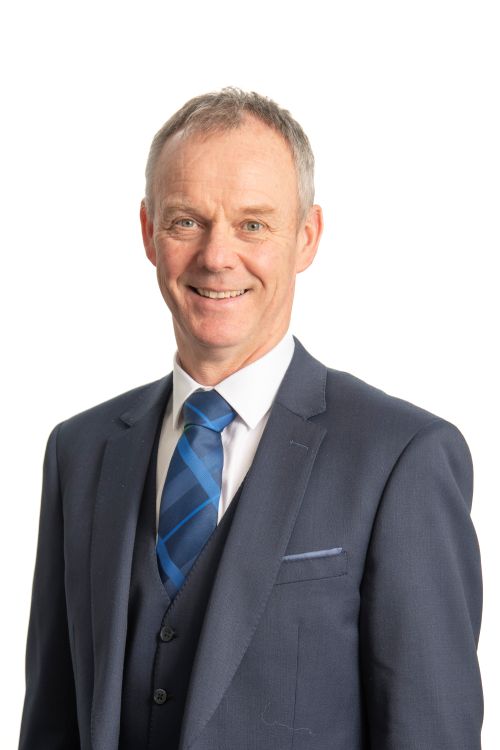Since July this year I have had the privilege to occupy the position of Interim Executive Director for Martyn’s Law in the SIA. As I prepare to hand over to the new substantive Director in January, I wanted to take the opportunity to reflect on the last 6 months.
Almost as soon as the critical foundation work on the development of the regulatory blueprint had finished, the SIA, working closely with colleagues in the Home Office, moved into the mobilisation phase of the programme, with the key objective of ensuring that the regulation of Martyn’s Law is highly effective and delivers a positive impact on public safety.
During this period, I have led an experienced team comprising technical expertise and those with extensive experience in regulation and the development of regulatory models. This has included secondments from well-established, respected UK regulatory bodies who have led on the development of the inspections and assessment pilot workstream and the evolution of the Risk Assessment Framework.
We have worked in tandem with colleagues from the Homeland Security Group to manage the critical interdependencies between policy, regulations, and the operational elements of the regulatory model. The quality of this work has been further enhanced by the considerable contribution made from our protective security partners. Their willingness to assist has never wavered and I am very grateful for their continued support.
There is no doubt this has been an intensive, fast-paced period which has seen extensive progress made across 6 major projects and 33 workstreams. Whilst recruitment has been ongoing to fill senior posts within the regulator, myself and the team have pressed on to ensure that the development of the Target Operating Model, the Standard Operating Procedures for the regulatory functions, the role requirements for the new posts, the development of the competency based training programme, and the recruitment strategy to bring in talent at the earliest juncture has continued unhindered.
I recognise the significant value in engaging with the regulated community and other key stakeholders and to that end we have worked closely with the Homeland Security Group to deliver over 20 webinars covering 10 sectors and reaching nearly 6,000 individuals in scope of the Private Security Industry Act. Sectors have included but have not been limited to: retail, hospitality, nighttime economy, visitor attractions, local authorities, healthcare, and education.
Regular event attendance has included thousands more individuals reached through trade association conferences, the International Security Expo and National Association of Healthcare Security Conference and the Institute of Licensing Conference. Our joint presence has been welcomed by stakeholders, and we continue to maximise opportunities to target those in scope via our networks.
In the coming months we will continue our work to advise, support, and assist those in the regulated community. The scope of our engagement will widen to include other regulatory bodies and enforcement agencies operating in the same landscape such as local authorities, fire services, the Sports Ground Safety Authority, and policing. Whilst the regulatory focus under Martyn’s Law is narrow, we are mindful of the need to avoid excessive regulation, and we will explore where common outcomes can be achieved with those bodies in respect of public safety.
As my period as Interim Director now closes, I reflect back with pride and admiration for the commitment and dedication demonstrated daily by everyone I have worked with, shared platforms with, and endured long meetings and workshops with to ensure that we drive forward all the critical work necessary to deliver on our objective. I have rarely experienced such passion and desire to succeed which I believe is a reflection of how important Martyn’s Law is in contributing significantly to improvements in public safety and reducing the impact of terrorism.
















